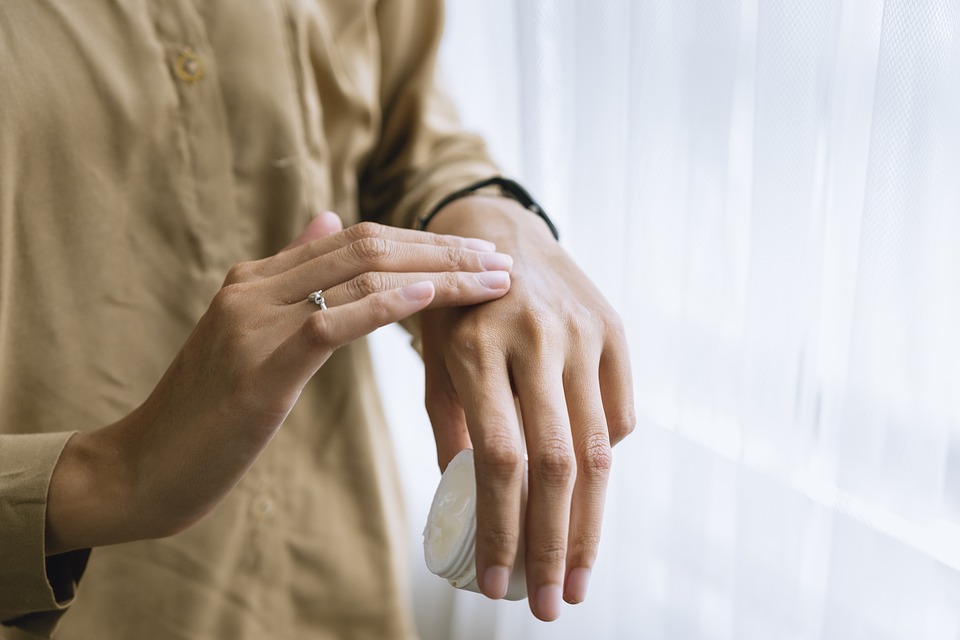Urinary tract infections (UTIs) are a common and painful condition that affect millions of people every year. While antibiotics are often prescribed to treat UTIs, they can have side effects and contribute to the development of antibiotic-resistant bacteria. Probiotics offer a natural and effective alternative for preventing and treating UTIs. In this blog, we’ll explore how probiotics can help prevent and treat UTIs.
What Are Probiotics?
Probiotics are live microorganisms that are beneficial for our health, especially our digestive and immune systems. They are often referred to as “good bacteria” because they help maintain a healthy balance of microorganisms in our gut. Probiotics can be found in certain foods, such as yogurt and kefir, as well as in supplement form.
UTIs and the Gut-Bladder Connection
UTIs are caused by bacteria, most commonly Escherichia coli (E. coli), that enter the urinary tract and cause an infection. While antibiotics are often prescribed to treat UTIs, they can have side effects and contribute to the development of antibiotic-resistant bacteria.
Emerging research suggests that the health of our gut microbiota may play a role in preventing and treating UTIs. The gut microbiota and bladder are connected through the microbiome-brain-gut-bladder axis, which is a complex communication network that regulates the function of the bladder and urinary tract.
Studies have shown that certain strains of bacteria in the gut, such as Lactobacillus crispatus and Lactobacillus jensenii, can help prevent the growth of E. coli in the urinary tract. In addition, these strains of bacteria can help restore the natural balance of microorganisms in the gut and prevent the overgrowth of harmful bacteria that can contribute to the development of UTIs.
Probiotics and UTI Prevention
Preventing UTIs is often a matter of maintaining good hygiene and avoiding behaviors that can increase the risk of infection, such as holding urine for too long or not drinking enough fluids. However, probiotics can also play a role in preventing UTIs by maintaining a healthy balance of microorganisms in the gut and urinary tract.
A 2017 review of 14 randomized controlled trials found that probiotics were effective in preventing UTIs in both adults and children. The review found that probiotics were especially effective in preventing recurrent UTIs, which are UTIs that occur frequently or repeatedly.
Probiotics and UTI Treatment
If you do develop a UTI, antibiotics are often prescribed to treat the infection. However, antibiotics can have side effects and contribute to the development of antibiotic-resistant bacteria. Probiotics offer a natural and effective alternative for treating UTIs.
Several studies have shown that probiotics can be effective in treating UTIs, either alone or in combination with antibiotics. In one study, women with UTIs who were treated with a probiotic supplement containing Lactobacillus crispatus had a higher cure rate and fewer recurrent infections compared to a control group.
Choosing the Right Probiotics for UTIs
Not all probiotics are created equal, and choosing the right ones for preventing and treating UTIs is important. When choosing a probiotic supplement, look for one that contains strains that have been shown to be effective for UTIs, such as Lactobacillus crispatus and Lactobacillus jensenii. It’s also important to choose a supplement that contains a high number of colony-forming units (CFUs) and to follow the recommended dosage on the label.
Conclusion
UTIs are a common and painful condition that can be difficult to treat with antibiotics. Probiotics offer a natural and effective alternative for preventing and treating UTIs by maintaining a healthy balance of microorganisms in the gut and urinary tract.
When choosing a probiotic supplement for UTIs, look for one that contains strains that have been shown to be effective and follow the recommended dosage on the label. By incorporating probiotics into your daily routine, you can take an active role in preventing and treating UTIs and improving your overall wellbeing.







